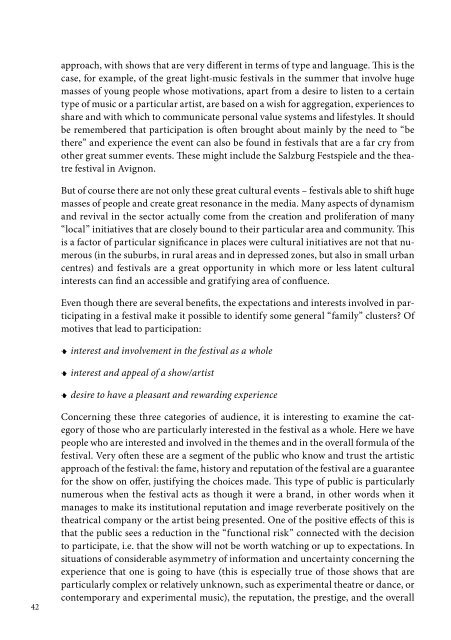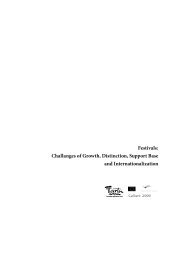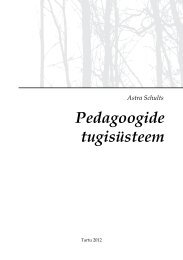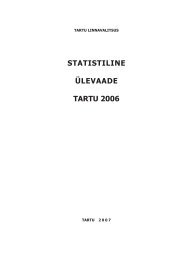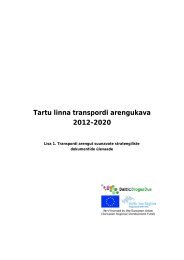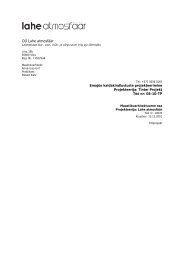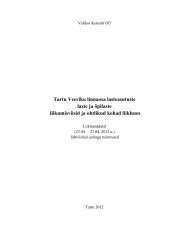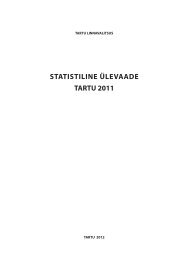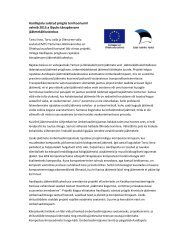Festivals - Fondazione Fitzcarraldo
Festivals - Fondazione Fitzcarraldo
Festivals - Fondazione Fitzcarraldo
Create successful ePaper yourself
Turn your PDF publications into a flip-book with our unique Google optimized e-Paper software.
approach, with shows that are very different in terms of type and language. This is the<br />
case, for example, of the great light-music festivals in the summer that involve huge<br />
masses of young people whose motivations, apart from a desire to listen to a certain<br />
type of music or a particular artist, are based on a wish for aggregation, experiences to<br />
share and with which to communicate personal value systems and lifestyles. It should<br />
be remembered that participation is often brought about mainly by the need to “be<br />
there” and experience the event can also be found in festivals that are a far cry from<br />
other great summer events. These might include the Salzburg Festspiele and the theatre<br />
festival in Avignon.<br />
But of course there are not only these great cultural events – festivals able to shift huge<br />
masses of people and create great resonance in the media. Many aspects of dynamism<br />
and revival in the sector actually come from the creation and proliferation of many<br />
“local” initiatives that are closely bound to their particular area and community. This<br />
is a factor of particular significance in places were cultural initiatives are not that numerous<br />
(in the suburbs, in rural areas and in depressed zones, but also in small urban<br />
centres) and festivals are a great opportunity in which more or less latent cultural<br />
interests can find an accessible and gratifying area of confluence.<br />
Even though there are several benefits, the expectations and interests involved in participating<br />
in a festival make it possible to identify some general “family” clusters? Of<br />
motives that lead to participation:<br />
interest and involvement in the festival as a whole<br />
interest and appeal of a show/artist<br />
desire to have a pleasant and rewarding experience<br />
42<br />
Concerning these three categories of audience, it is interesting to examine the category<br />
of those who are particularly interested in the festival as a whole. Here we have<br />
people who are interested and involved in the themes and in the overall formula of the<br />
festival. Very often these are a segment of the public who know and trust the artistic<br />
approach of the festival: the fame, history and reputation of the festival are a guarantee<br />
for the show on offer, justifying the choices made. This type of public is particularly<br />
numerous when the festival acts as though it were a brand, in other words when it<br />
manages to make its institutional reputation and image reverberate positively on the<br />
theatrical company or the artist being presented. One of the positive effects of this is<br />
that the public sees a reduction in the “functional risk” connected with the decision<br />
to participate, i.e. that the show will not be worth watching or up to expectations. In<br />
situations of considerable asymmetry of information and uncertainty concerning the<br />
experience that one is going to have (this is especially true of those shows that are<br />
particularly complex or relatively unknown, such as experimental theatre or dance, or<br />
contemporary and experimental music), the reputation, the prestige, and the overall


